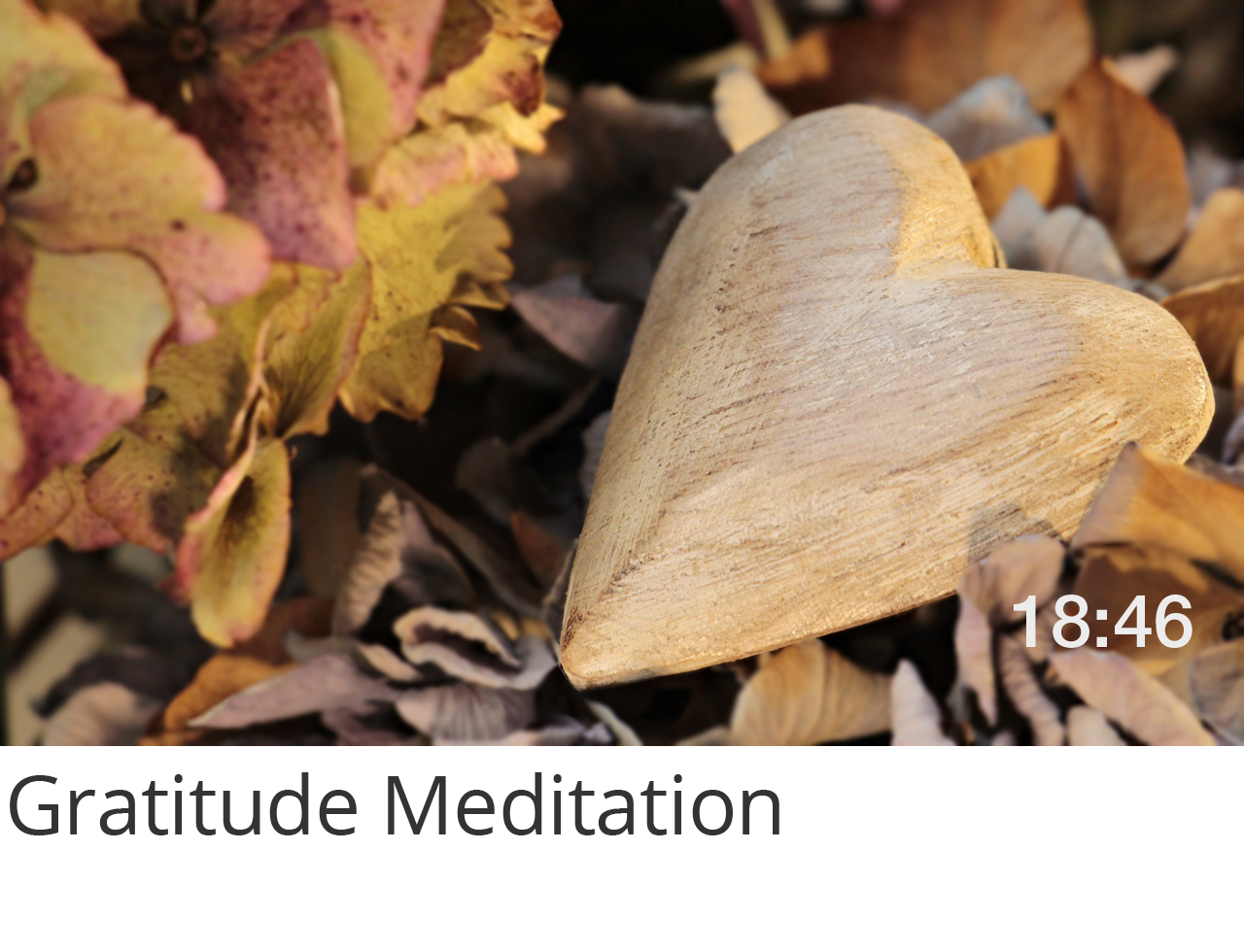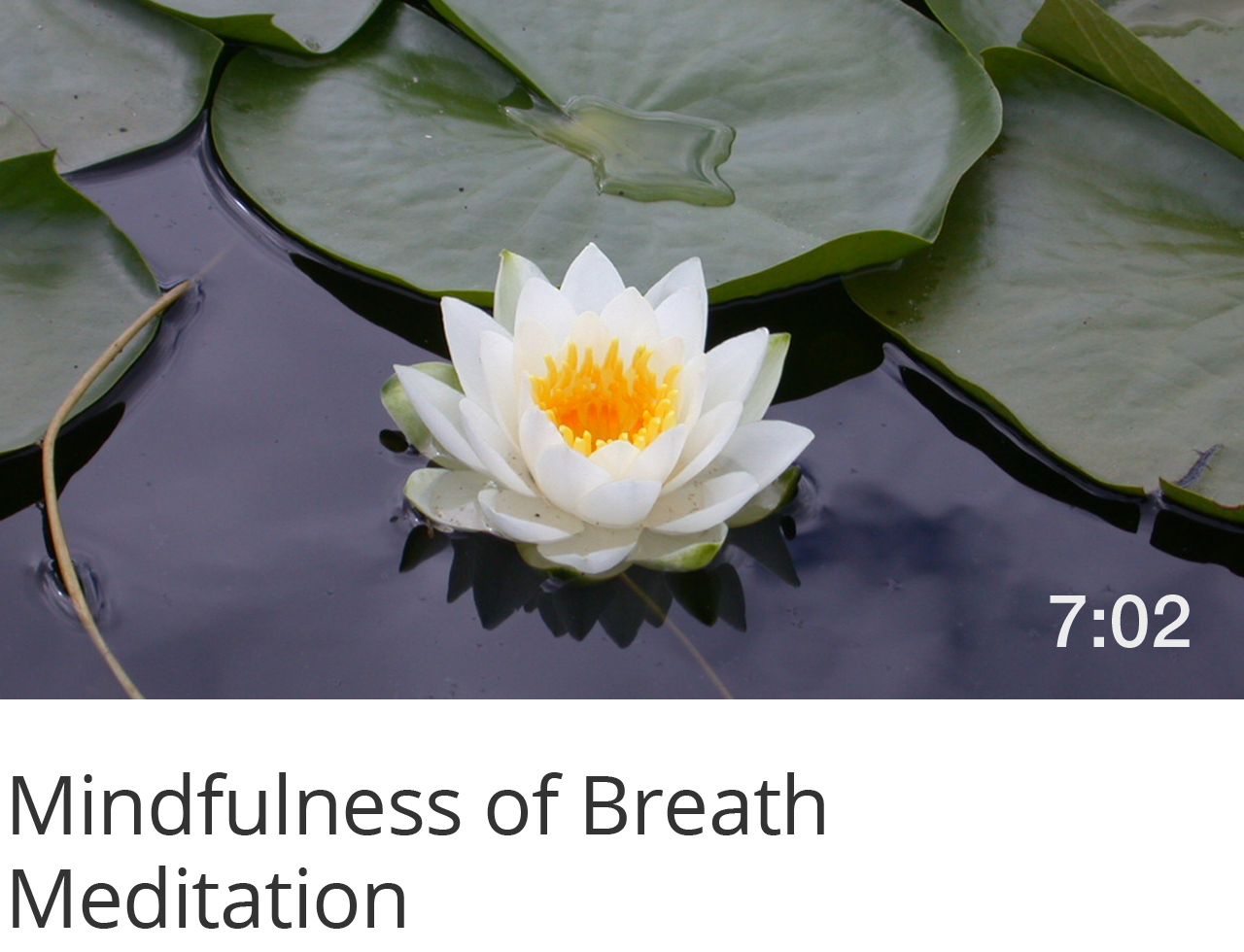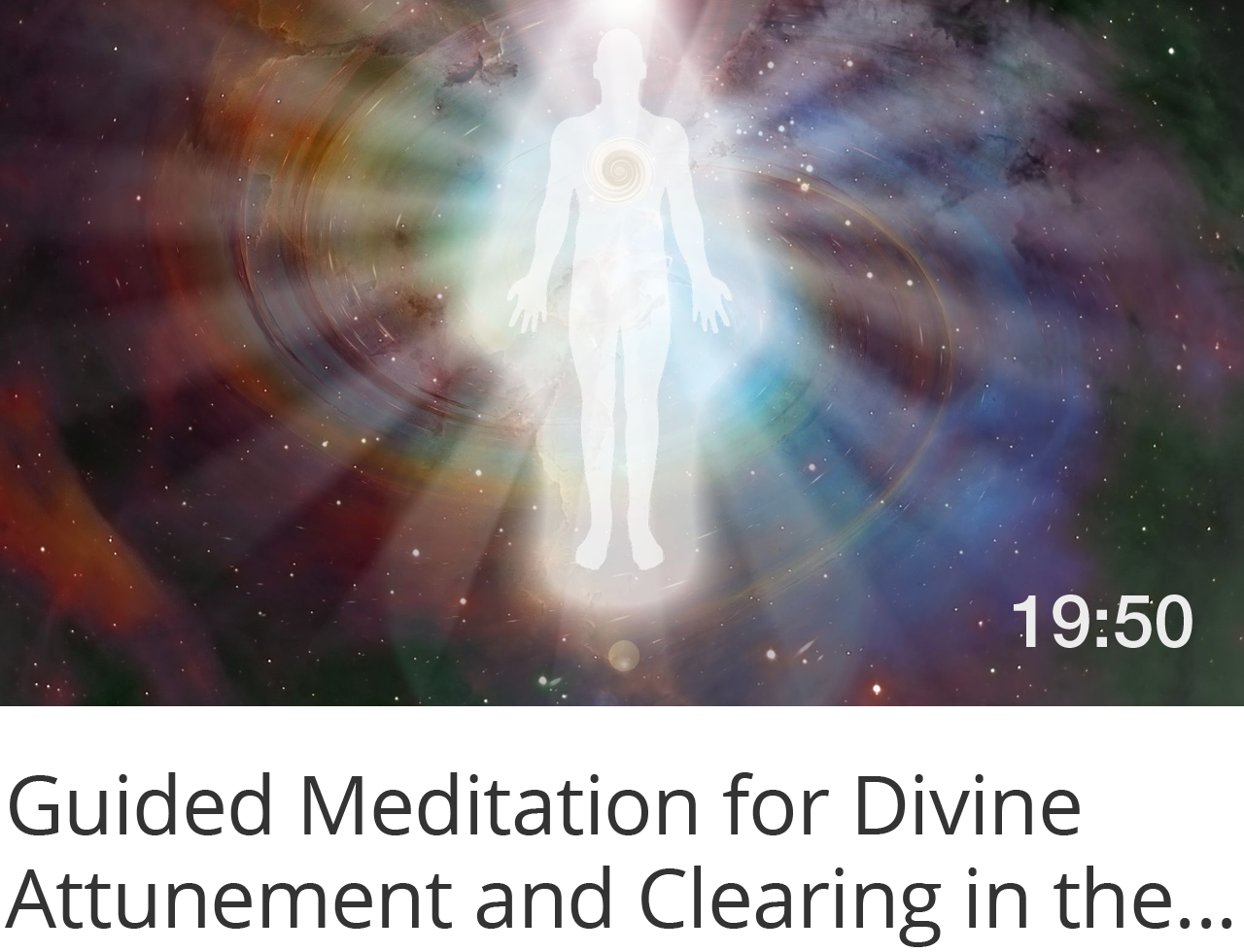Fake news has hit the headlines recently as a result of the US election outcome, even though it has been happening for years, particularly since the rise of corporate social media, to which many people have become addicted to their cost.
What is Fake News?
It may seem obvious, but what exactly is Fake News? It is stories and photo memes claiming to be fact, containing propaganda, bias, misinformation, disinformation, hearsay, delusion, and pure fiction, which is passed off as news. In a much broader sense, we could even say that fake news is a misrepresentation of reality that goes much wider than manufactured stories. A conscious or unconscious misrepresentation of life events that is the product of a limited worldview and a dissociation from our true self.
Why Does Fake News Exist?
Fake news exists due to malicious intent, pranks, propaganda, information control, marketing, delusion, and sloppy reportage. It also exists because of the uncritical, reactive nature of readers who read, circulate or react to it. How many of us check facts and sources in a news story? How many of us can widen our perception to spot bias, propaganda, and inaccuracy? How many of us ask the question: who benefits from the story? How many of us react to the images and headlines of a story because it triggers something sensational in us? But most of all, how many of us are complicit in this by keeping alive with our subscriptions to them the very systems that allow fake news to thrive?
Fake News and the Social Media Bubble
Fake news spreads like wildfire on corporate social media, because, by their nature, globally centralised social media outlets have to create a social media bubble to feed content to users when it is oversubscribed, and therefore overwhelmed with information. According to Statista.com, as of the third quarter of 2016, the leading social media outlet had 1.79 billion monthly active users.
Now how exactly can a single centralised network manage the networking of information to 1.79 billion users, particularly when that information is full of not just news, but also excesses of personal trivia and advertising? The answer is, it can’t: it has to create a social media bubble, and even without the algorithms of the bubble, and its profit-making motives, it can’t present accessible information when the information network is so saturated to begin with. Yet it allows it to get saturated because of the motive for profit, which should always make us take caution. The whole idea of an information network is to make information accessible, and to spread it easily, not to hide it or have it buried. That is why centralised global networks are never a substitute for local, decentralised networks, where information that matters gets to people that matter.
This social media bubble insulates us from the wider reality of life where more relevant and leading-edge sources of information may exist, and fuels the recycling of the same limited stories of fake news and trivia, based on the reactive, semi-conscious, and uncritical clicks of users. Each click creates a cascade of information promotion and recycling. Social media outlets present information in the form of a social media bubble that is generated by algorithms that filter, censor, and recycle information. Ghost banning is also employed to make certain pieces of news invisible to readers, for better or worse. The outcome of all this is a very controlled perception of information.
The Social Media ‘Like’ Button
The social media ‘like’ button, so prevalent in social media outlets, is no alternative to critical reading, wider perception, and the recognition of its true authentic value. It encourages the spread of fake news and trivia, as well as an obsession with vanity and narcissism. The moment we are concerned with how many likes a personal posting gets, we are corrupted by our attention-seeking in an attempt to affirm our self-worth. It is a poor substitute for an indicator of how well information is networked and valued, or how authentic that information is. We need to rethink social media and our use of it when the arbiter of authenticity is the ‘like’ button or the policy of a global corporation.
The Sharing of Social Media Stories
The uncritical sharing of information because we react to its sensationalism, or because it triggers some other kind of reactivity within us, should stop until we think about the story and what has been triggered in us. Have we checked the facts and the sources? Have we widened our perception? Have we questioned our bias and that of the alleged reporter? Does the reporter even exist? Is there something more appropriate that can be shared, even if it isn’t in our social media news feed? Do we know somebody in our local community that is doing great work that others we know could do with hearing about?
The Death of the Internet
The Internet was intended as a decentralised network supporting the free and open exchange of information. This is a far cry from what exists in global, centralised, and corporate media outlets that exist to profit from information and its presentation. Until we step outside of our social media bubble, and relinquish our addiction to social media, the Internet as a source of free and accessible information will continue to die. Search engines that are also global corporations and monopolies should also be questioned as the default interface and gatekeeper to our information sources. The Internet has fallen prey to the powers of mass consumption, mass media, and globalisation. But it is our very actions, through our conformity to these cultural practices, and our subscriptions to social media giants, that keep these patterns in place. If we want to revive the Internet, the old maxim of think global and act locally will go a long way.
A New Information Revolution
We now need a new information revolution that allows authentic information to flow to where it is needed. We can all set up local community information networks that have a digital interface as well as the physical one of the local community itself. People matter much more than their virtual substitutes. If you haven’t called a friend lately, or met up with them to share information, consider if you are addicted to social media and change your behaviour. Dissociation into the Internet should be called by its true name, and not passed away as spending time on social media.
The time when the independent blog is declared old-hat because of social media is very worrying. So let us take time to think more critically about our digital behaviour, the authenticity of information, and how authentically we are living. The new information revolution involves a rethinking of social media and Internet usage, and begins with each one of us leading ourselves into a new way of sourcing information, validating it, sharing it, and improving on it. Behind this practice we need a sound understanding of local networking, for it is in the local network that we remain connected to the people around us and our capacity for positive change and sustainability in our community.
Please consider networking this article in the spirit it was written. Why not email the link instead of burying it in your social media feed?
Related Posts:
Rethinking Social Media
Why Social Media Needs to Evolve








EXCELLENT! EXCELLENT! EXCELLENT! Was thinking of relinquishing my FB Page OF 8Yrs so thanks for this read of “Consider This” instead as these days some common sense is so refreshing…..
Thank you, Anita. We owe it to ourselves to always question and seek our greater truth.